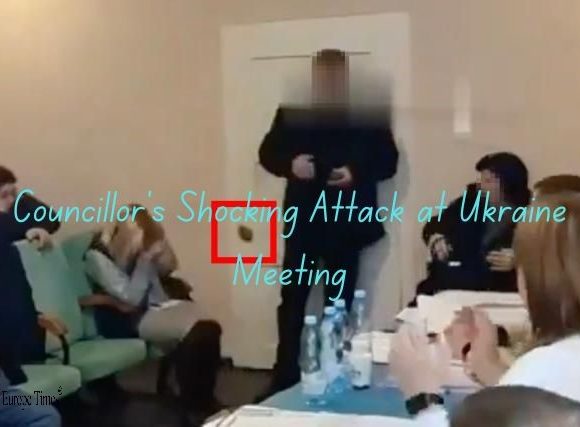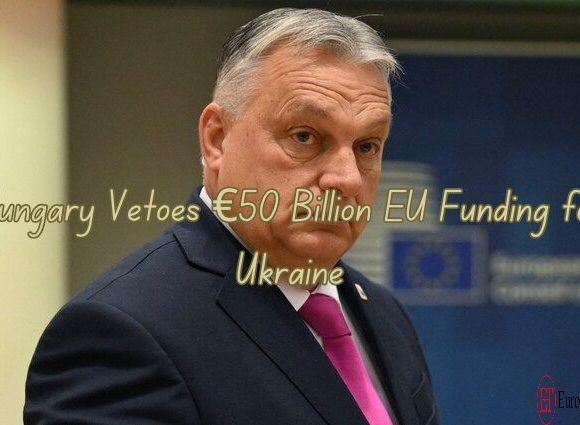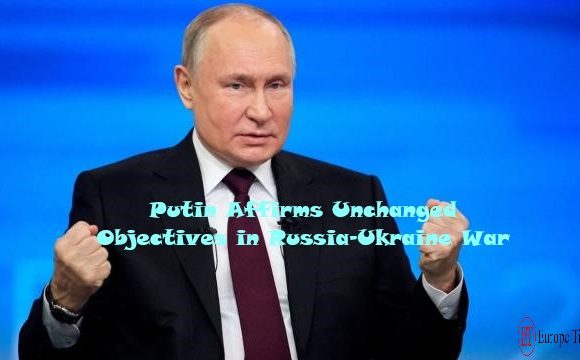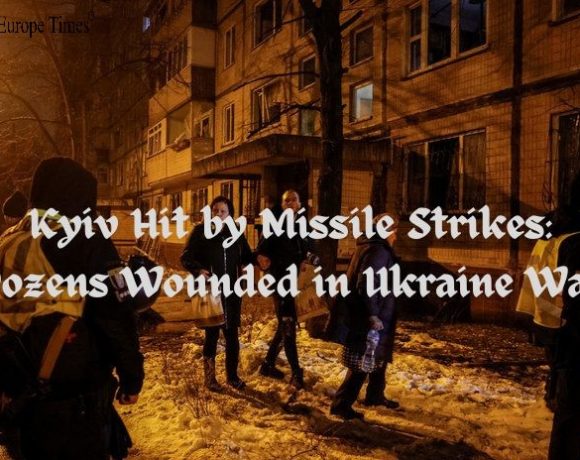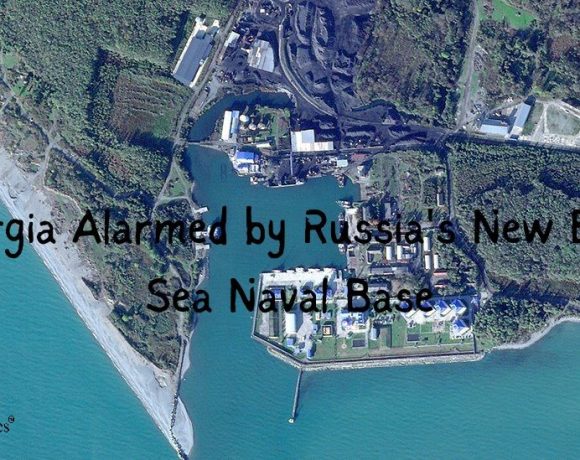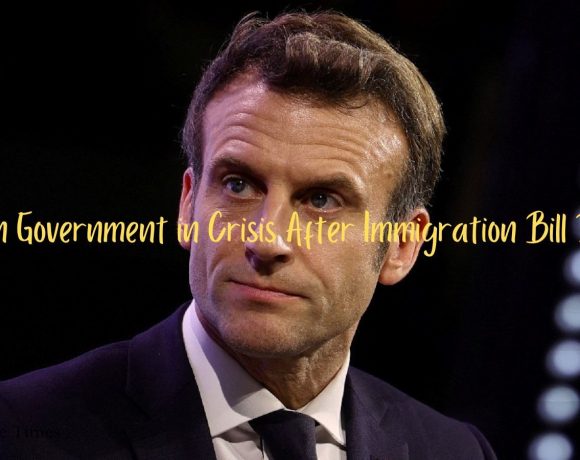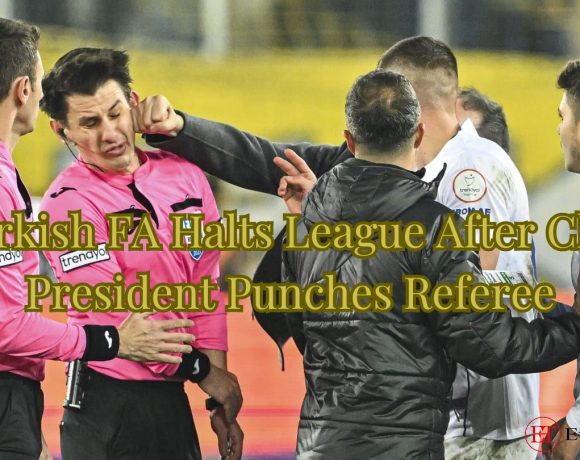
Manchester City’s leading striker, Erling Haaland, is currently facing uncertainty regarding his participation in the upcoming Club World Cup as he deals with a foot injury. The 23-year-old Norwegian has been absent from City’s recent matches and will not be available for the upcoming game against Crystal Palace. Manager Pep Guardiola provided reassurance that Haaland’s injury is stress-related rather than a fracture. Guardiola emphasized the need for a day-by-day assessment by the medical team to gauge Haaland’s recovery and expressed optimism about his potential inclusion in the squad for the Club World Cup in Saudi Arabia.
As City prepares to face Crystal Palace this weekend and potentially contend with Club Leon or Urawa Red Diamonds in the Club World Cup semi-finals, Guardiola acknowledged the uncertainty surrounding Haaland’s availability. The prolific striker has been instrumental for City this season, leading the team in goals with 19 across all competitions and topping the Premier League scoring charts with 14 goals in 15 appearances. Guardiola, known for his meticulous approach, highlighted the importance of monitoring Haaland’s progress and indicated that the decision on his involvement in the tournament would be made based on the striker’s fitness and recovery.
Despite City’s recent challenges in the Premier League, where they currently sit fourth, four points behind leaders Liverpool, Guardiola’s tenure since 2016 has been marked by consistent success. The club achieved a historic Treble last season and secured their maiden Champions League title. Now, with the opportunity to compete in the Club World Cup for the first time, City aims to add another prestigious trophy to their collection. The outcome of Haaland’s recovery will play a crucial role in City’s pursuit of success on the global stage.
picture courtesy: google/images are subject to copyright

